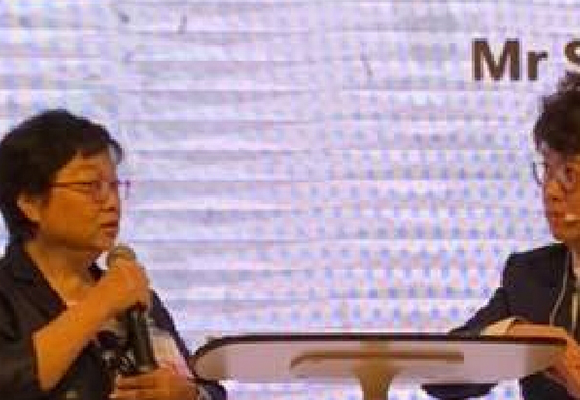TV, Ipad Friend Or Enemy?
American Academy of Pediatrics says no TV is good for kids before the age of two. ” while certain television programs may be promoted to this age group, research on early brain development showes that babies and toddlers have a critical need for direct interactions with parents and other significant caregivers for healthy brain growth and development of appropriate social, emotional, and cognitive skills,” says American Academy of Pediatrics statement.
While there does not seem to be any present information of actual physical harm to eye structures from television viewed at a proper distance after the age of two, it is important to consider function as well as structure. The TV camera probes for depth as a single eye might, focusing near and far as it pucks up the picture. When the picture is transmitted into your living room, it arrives on the television screen pre-focused. The only focusing the viewer needs to do is from the distance to the screen. To see the TV screen/Ipad Screen in focus, you must turn off the natural focusing of your eyes or the picture would constantly blur.
Not only do you have to suspend normal focus but convergence (eye teaming, the ability to point the eyes inward at the visual task) does not function either. If it did, you would point your eyes in towards your nose for the close-up shots, out toward a more nearly parallel position for the distance shots, and you would be in trouble. The television screen or Ipad screen would “double” as well as a blur. So how does the visual system cope with the television? You learn to TURN off the convergence (eye teaming system).
If you already use your eyes well together and don’t watch too much TV or Ipad, this is just another thing you learn to do with your eyes, and no harm is done. A problem arises, however when people with poor “eye teaming” or who are in the process of learning to see, watch a great deal of TV or Ipad.
No child should be allowed to watch hour after hour of television or Ipad, particularly without other everyday activities to help him learn to use his eyes in other ways. The child who spends too much time in his early years sitting in front of the television or Ipad may well be almost visually handicapped by the time he starts school. His eyes have learned to avoid communication between focusing and convergence. He has not practiced changing focus from far to near, or near to far, so copying from a chalkboard will be slow and tedious work for him. He has not learned to sustain a close-work task, so most of his desk work will be a strain or low attention.
Children can and should benefit from television. If they are limited to programs that widen their knowledge of the world, television can contribute to their education. If it is never used as a babysitter, but rather as an addition to the family’s shared time to stimulate discussion and description, it can have real value.
Vision related challenges like convergence insufficiency; amblyopia and/or strabismus (the turning of an eye in or out) limit or prevent the eyes to aim at a specific point in space. Some studies suggest that this can affect twenty percent of children with learning related issues. Short and long term memory can also be affected by vision related disorders.
If you have questions or concerns about eye teaming, focusing, or any of the vision related issues noted in this article contact Neuro-Developmental Optometry, Board Certified in Vision Development & Vision Therapy. After a detailed screening and diagnosis, they can design a vision therapy program specifically suited to develop the most optimal and efficient visual system for you or your child.


